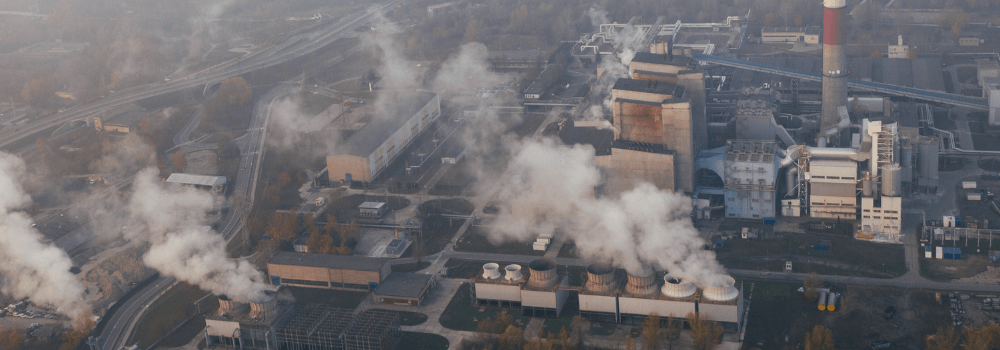We have been in an energy crisis for some time, and if things don’t change, situations like this may become more and more commonplace.
Every industry is looking to increase its sustainability, from aviation to marine, in an effort to lower their carbon footprint, but also to improve their resilience to a volatile fuel market.
How fossil fuels and the energy crisis are linked
Reliance on fossil fuels created the energy crisis
The vast majority of the world still relies on fossil fuels to power our homes and businesses. When those fuels aren’t readily available, the entire energy system falls into chaos.
The Russian invasion of Ukraine triggered the energy crisis as Russia and Eastern Europe at large are key exporters of fossil fuels. There was already energy scarcity due to lessened energy demand in city centres during the pandemic, meaning suppliers hadn’t stockpiled as much energy as they usually would have. When demand came roaring back, there was an energy deficit.
This, combined with ever dwindling fossil fuel resources, made the perfect storm for a prolonged energy crisis that could only ever result in one thing: fuel prices rising overnight.
The energy crisis has driven up the cost of fossil fuels
Fossil fuels are inherently unsustainable, as they are a finite resource. A foundational fact of economics is that the rarer something is, the more it is worth. Once fossil fuels weren’t as reliably secured, the price of the fuel that was available immediately skyrocketed.
This is occasionally alleviated by more oil or gas deposits being found, or more reserves being accessed, but ultimately there is one fact that can’t be avoided: one day we will run out of fossil fuels. Of course, until the very last moment that we do run out, fossil fuels will continue to climb in value.
But if we were to pivot away from needing fossil fuels, we could pull ourselves out of this and any future energy crisis, by generating our own energy. This is possible through renewable energy.
The energy crisis has highlighted the need for reliable, sustainable energy
Russia’s show of force by stockpiling fossil fuels may not have had the desired effect, as Russia’s own energy exports have fallen dramatically over the last year. But there has been an even bigger impact: many countries are now reassessing their fossil fuel needs, opting to invest in green energy instead, hoping for a more stable, secure, and affordable source of energy.
Examples include the US Inflation Reduction Act, and the EU’s Fit for 55 package, which may lead the way for the rest of the world to begin a structural change towards renewables.
Across the world, higher shares of renewables correlate with lower electricity prices, a fact that is increasingly important as the crisis continues.
In the UK, renewable energy is nine times cheaper than gas. While the current government is still choosing to invest in oil and gas extraction in the North Sea, there is no denying the economic benefit of green energy when applied across the entire UK population.
By definition, our energy cannot be considered reliable, stable, or secure if much of it is imported from another country. While we may never be completely removed from the global energy supply chain, we can begin to generate vast amounts of energy ourselves, easily, reliably, and most importantly: sustainably.
The energy crisis was created in large part by our reliance on fossil fuels. Hopefully we will continue to improve our sustainable energy infrastructure and legislation, leading to cleaner, cheaper, more sustainable energy for everyone.
Read more about why we need to develop green energy, or learn about the future of green energy.




